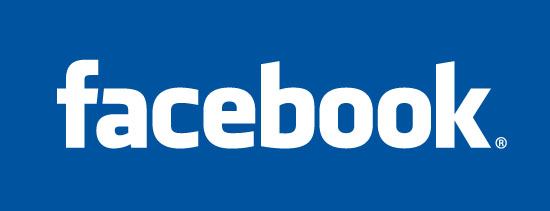Are Facebook reactions really more expressive?
Facebook rolled out a new feature last week. Now, on top of “liking” a post, you have a much broader spectrum of “reactions” to choose from — “love,” “haha,” “wow,” “sad” and “angry.”
Do these new features help us express ourselves better on Facebook? I would say no. In fact, they limit us.
I’ve been a Facebook user for almost 10 years now, before “liking” was even a thing. Looking back on my old statuses — which was not always fun, because Whitney back in the day was pretty embarrassing — I didn’t have as much reactivity to my posts before “like” came along. However, not having “like” forced my friends to respond to my posts in a more engaged, thoughtful way.
Now, I’m not saying we have to get rid of “like” all together. It’s obviously caught on, and you’d be hard-pressed to find a social media site without a similar feature. I personally enjoy getting “likes.” To me, it’s like my friends are saying, “I don’t have the words to respond to this, but I wanted to let you know that I enjoyed your content.” It’s like the real life equivalent of a smile, a wink or — forgive my lack of creativity — a thumbs up.
Regardless of the demand for a “dislike” button, which we still don’t have, I don’t want one. In fact, I’ve always thought they would be rude and unnecessary. This left us with three ways to react to a post: like it, leave a comment or leave it alone.
Comments on social media aren’t always positive. Facebook definitely isn’t the ideal place for thoughtful, constructive dialogue. (If you don’t believe me, read any Facebook comment thread on a political article.) However, when someone posted something we didn’t like, we had a couple of decisions to make. First, is this worth my time to respond? If it is, it’s time sit down and try to explain our reaction with words.
Now we can just leave an angry face. We don’t have to explain our anger anymore. It’s up to me to interpret my friends’ anger now. Are they angry for me? With me? At me? Is it really my job to try to play mind reader? Is that really fair? If you can’t try to explain to me why my post affected you this way, what kind of “friends” are we, really?
At this point you might be thinking, ‘Whitney, it’s Facebook. You’re putting too much thought into this.’ I would argue that Facebook doesn’t exist in a vacuum. It’s part of how we learn to interact with each other and build relationships. On the other side of your glowing screen is a real life human being. We forget that people, most of which we consider friends, are at the receiving end of our actions, rather than sending them off to an anonymous void.
If it takes longer than a second to acknowledge our friends’ words, we don’t bother anymore.
Have fun playing with the new Facebook reactions feature. Just don’t substitute it as real communication.
— Whitney is an English major. This column started as a Facebook status. She only got two angry faces in response, and they were both jokes. Contact her at whitney.howard@aggiemail.usu.edu or on Twitter @omgwhitshutup.

